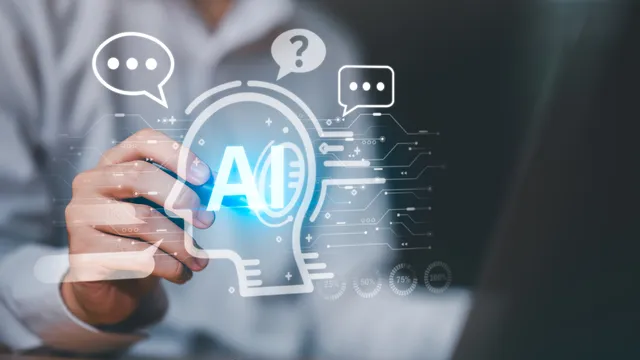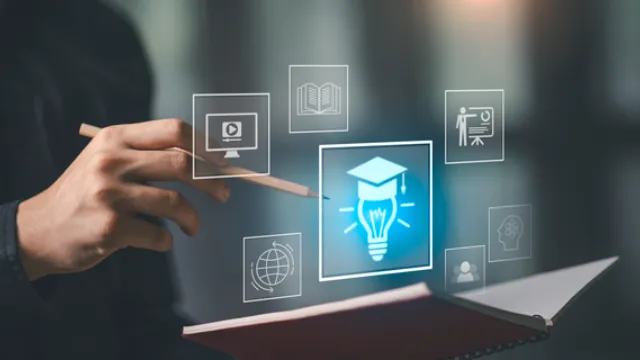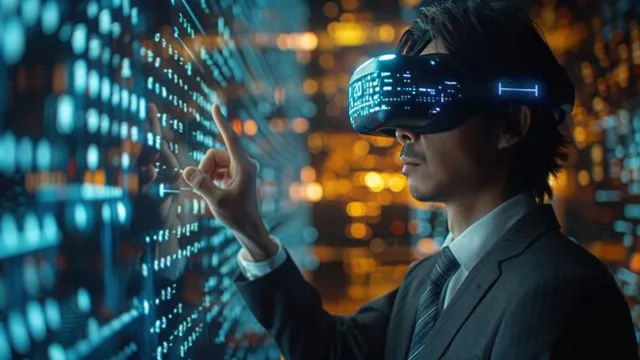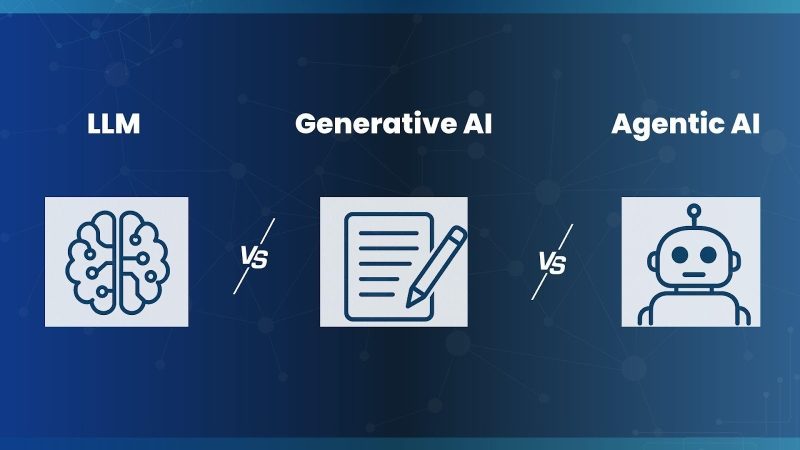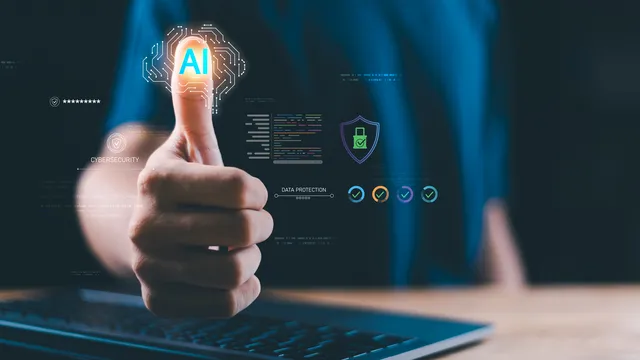Artificial Intelligence: What To Expect In The Future?
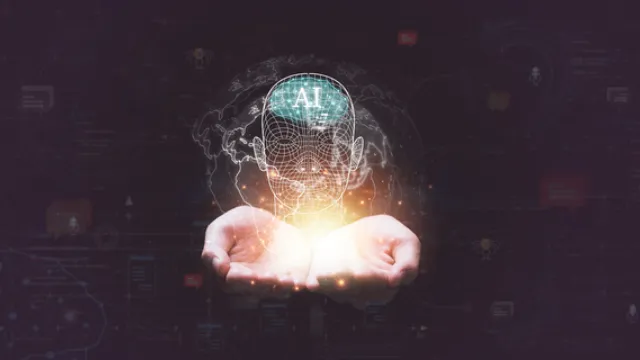
The attraction of Artificial Intelligence has delighted our imagination for decades, laying the foundation for a journey that precedes the coining of the term itself.
While AI’s portrayal is often centered around creating intelligent entities mirroring humans, the reality is that AI has already entrenched itself in our lives since the 1980s.
From expert systems in circuit board inspection to the revolutionary machine learning methods of the 1990s, AI has quietly evolved, leaving a significant imprint on various industrial landscapes.
But what does AI have in store for us in the future?
We will look at that in this blog, so keep reading about how AI can disrupt your work domain.
Historical Milestones of AI
AI’s journey has been marked by achievements like surpassing human capabilities in strategic games such as chess and mastering complex tasks like language translation.
In the industrial spectrum, “expert” systems and machine learning algorithms tackled challenges ranging from fraud detection to computational problem-solving. Neural networks, dating back to the early years, dug into modelling human learning and industrial control systems.
Revolution of the 1990s
The 1990s show a machine learning revolution with probabilistic and Bayesian methods which forming the bedrock of contemporary AI technologies. An artificial intelligence development company lets semantic text analysis be in power. This innovation empowers users to navigate vast datasets effortlessly, resulting in revolutionizing web searches.
Recent Advancements:
Now a days the AI is experiencing a striking surge, reshaping robotics, machine learning and computer vision.
A noteworthy advancement is the integration of Generative AI and Large Language Models (LLMs).
Different industries such as education, finance and more are witnessing transformative changes. AI is decreasing the need for people to get involved and take over everyday tasks in any field.
How Will AI Impact the Future of Business?
1. Easy Decision-Making with AI
Large organizations interfacing with numerous users will witness a transformation in their operational speed through the widespread adoption of AI. This technological infusion into decision-making processes promises quicker and more efficient outcomes. It will shape a society where engagements with institutions become notably instant.
2. The Erosion of Privacy
The ethical landscape of society is poised for a challenge with the rising influence of powerful AI systems particularly concerning privacy. As AI systems gain profound insights into individuals surpassing self-awareness and the longstanding commitment to preserving privacy faces a formidable test.
The decreasing cost of delving into personal data coupled with the prevalence of potent algorithms which may reveal that technological advancements played a more pivotal role than ethical considerations in safeguarding privacy.
3. Embracing Human-AI Collaboration
The general idea in society is that AI should work alongside people, not replace them. There is this long-standing fear of AI, mainly because of old stories that show AI as a danger to humans.
That is why you must have a smart plan. Human-AI teamwork becomes a key plan to calm people’s worries and that highlighting how crucial it is to keep people involved in tasks that AI affects a lot.
Also Read: What is Artificial intelligence? How Ai can boost your business
Future of AI Across Diverse Industries
Let us have a look at the future of AI across diverse industries one by one:
1. Future of AI in Healthcare:
AI in healthcare promises faster and more accurate diagnoses that leading to personalised treatment plans and improved patient outcomes.
Machine learning is utilised to analyse extensive datasets, including genetic information and medical images which identifying patterns and contributing to groundbreaking treatments.
Innovations like robotic surgeries, personalised drug discovery and virtual assistants for patient monitoring showcase the ongoing advancements in AI healthcare applications.
2. Future of AI in Banking
AI and machine learning are set to transform banking and finance, enhancing fraud detection, automating customer service and improving risk management.
From chatbots to robot advisors the AI has the potential to transform how individuals interact with banks and financial institutions, making financial products and services more accessible.
3. Future of AI in Education
AI is introduced in education to automate redundant tasks for teachers, students and administrations paving the way for increased efficiency.
The future envisions more personalised education, utilising AI for enhanced visualisation effects, interactive learning and safer laboratory experiments.
The evolution from smart classrooms to smart buildings is anticipated, positively impacting the overall school environment.
4. Future of AI in Customer Services
AI is reshaping customer service with personalised and efficient experiences, utilising chatbots, virtual assistants and natural language processing.
AI-powered chatbots operate 24/7 which will be reducing response time and enhancing overall customer satisfaction with ongoing developments promising even more efficient interactions.
5. Future of AI in Marketing
AI in marketing is set to transform the industry, incorporating prediction based models, customer behaviour analysis and hyper-personalised marketing techniques.
Automation in content creation, voice search optimization, augmented reality and chatbots contribute to more enhanced and accurate customer services without human intervention.
6. Future of AI in Transportation
AI is set to revolutionise transportation with self driving cars which enhanced navigation systems and optimised traffic flow, safety and convenience.
Companies like Tesla and Waymo are at the forefront of autonomous vehicle technology that paving the way for a more sustainable and efficient transportation industry.
The future holds promises of reducing congestion or emissions and accidents through AI-powered advancements in transportation.
Future of AI in Human Resource Management:
AI in Human Resource Management automates routine tasks with streamlining processes like candidate screening, onboarding and performance evaluations.
AI promises to create more efficient HR processes which improving employee engagement and opening avenues for innovation and growth.
Also Read: AI Phone Call Technology: The Future of Automated Lead Generation
Over To You!
Despite the ethical stuff and the challenges with keeping data safe, AI’s future is super exciting. With machines taking care of the boring stuff that we can spend more time being creative and coming up with cool ideas. This will help us make all sorts of amazing breakthroughs and advances.
Looking back at how AI started and thinking about what it could become shows just how clever humans are and how we are always pushing to make things better with technology. The one who harnesses AI’s power will rule the future. But to be part of this, you need to hire artificial intelligence developers who help you in building the next big thing.


